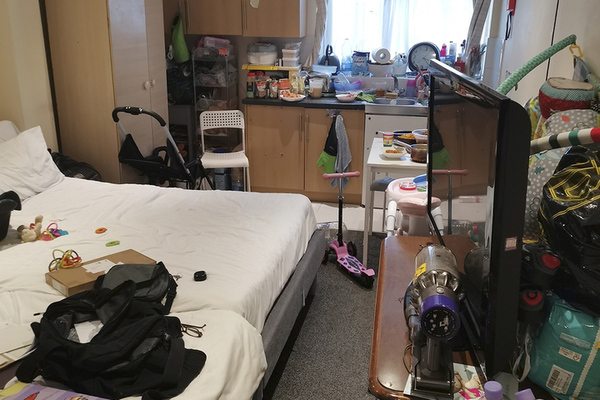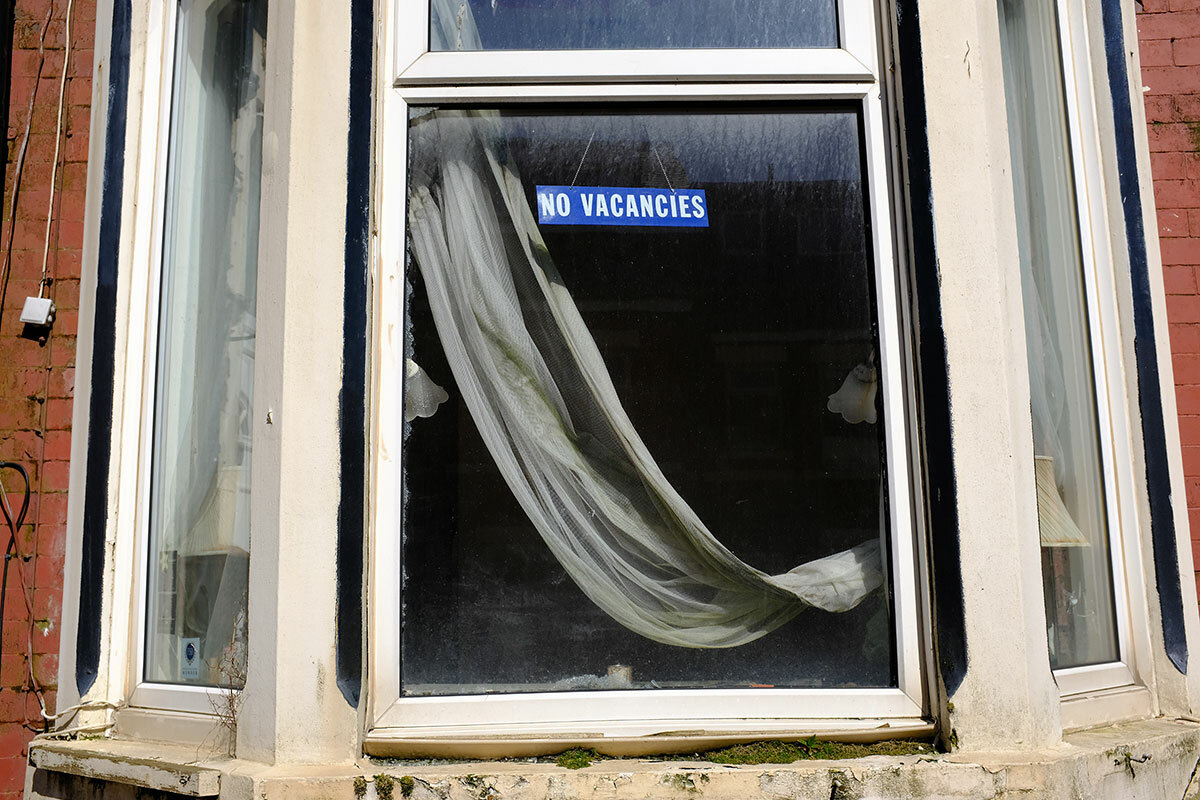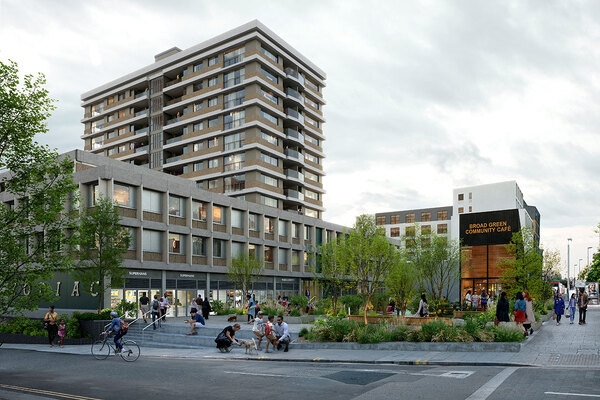You are viewing 1 of your 1 free articles
More than 75,000 London children stuck in temporary accommodation, report finds
Almost 76,000 children from London are trapped in temporary accommodation because of the shortage of affordable homes and the disparity between housing costs and benefit levels, a new report has found.

The study by Centre for London found that almost six in 10 households (59%) in temporary accommodation in England are from the capital.
In all, 56,500 households from London are in temporary accommodation, including 75,580 children, with many forced to live in homes too small for their needs and far from work, education and support networks.
The thinktank’s report cited the high cost of living in the capital as the key reason for the city’s high levels of temporary accommodation use, and warned that these could spiral further as the cost of living crisis bites this winter.
In March, Inside Housing spoke to several residents from across the capital who are living in temporary accommodation. They described living in cold, overcrowded and unsafe conditions that left them feeling they had “no dignity”
The new report said that the cost of living crisis could fuel an increase in families being forced to live in single-room bed-and-breakfast accommodation and that out-of-borough placements are also at risk of rising.
The research also found that 82% of all out-of-borough placements already involved London households, with 7% of those moves displacing people entirely from the city.
Centre for London said that the government should increase homelessness prevention grants available to councils, as well as benefit levels, to support people at risk of losing their home.
This is alongside a recommendation to set up a cross-party working group to work on solving supply issues around temporary accommodation, and identifying their cost.
These measures must be underpinned by increasing the supply of both general needs affordable housing and council-managed temporary accommodation, which should be subsidised via the mayor of London, the report said.
It also suggested introducing a new code of practice, with measures including that families with children should not be placed in nightly paid accommodation without a kitchen.
In addition, it said that travel times to and from new accommodation should be calculated based on available bus routes or walking.
Claire Harding, research director at Centre for London, said that the government should look to the Everyone In programme, which took rough sleepers off the streets during the pandemic, as an example of what political will and investment can achieve.
“Far too many Londoners are already stuck in temporary accommodation and we’re really worried that the number will rise this winter," Ms Harding said. “It doesn’t need to be this way.”
Joanne Drew, co-chair of the London Housing Directors’ Group, said: “Everyone deserves the security of a permanent home, but massive numbers of homeless Londoners live in temporary accommodation, with increased long-term occupancy of commercial hotels because other options aren’t available.”
Ms Drew described the pressures on homeless families as “immense” and the wider situation as “unsustainable”.
She added: “In recent years we’ve seen good progress made in tackling rough sleeping in the capital thanks to effective partnership work with the government and the injection of extra resources.
“A similar approach must be taken to London’s temporary accommodation challenges, and boroughs look forward to working with ministers on this crucial agenda.”
The mayor of London’s office has been approached for comment.
Sign up for our Week in Housing newsletter
Already have an account? Click here to manage your newsletters










